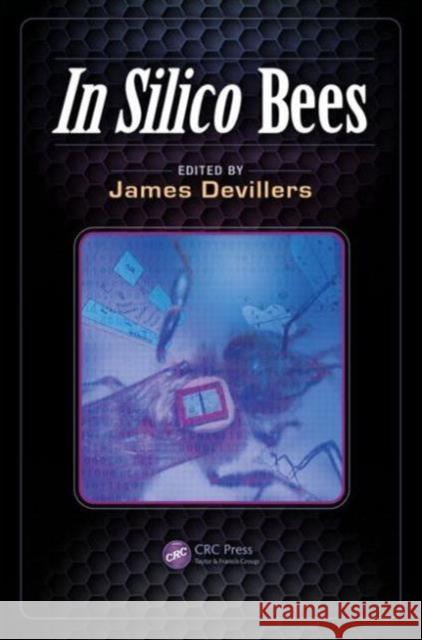In Silico Bees » książka
In Silico Bees
ISBN-13: 9781466517875 / Angielski / Twarda / 2014 / 314 str.
In Silico Bees
ISBN-13: 9781466517875 / Angielski / Twarda / 2014 / 314 str.
(netto: 859,42 VAT: 5%)
Najniższa cena z 30 dni: 846,63
ok. 16-18 dni roboczych.
Darmowa dostawa!
Bees are critically important for ecosystem function and biodiversity maintenance through their pollinating activity. Unfortunately, bee populations are faced with many threats, and evidence of a massive global pollination crisis is steadily growing. As a result, there is a need to understand and, ideally, predict how bees respond to pollution disturbance, to the changes over landscape gradients, and how their responses can vary in different habitats, which are influenced to different degrees by human activities.
Modeling approaches are useful to simulate the behavior of whole population dynamics as well as to focus on important phenomena detrimental to bee-life history traits. They also allow simulation of how a disease or a pesticide can impact the survival and growth of a bee population. In Silico Bees provides a collection of computational methods to those primarily interested in the study of the ecology, ethology, and ecotoxicology of bees. The book presents different cases studies to enable readers to understand the significance and also the limitations of models in theoretical and applied bee research.
The text covers modeling of honey bee society organization, infectious diseases in colonies, pesticide toxicity, chemical contamination of the hive, and more. Written by an international team of scientists, this book is of primary interest to those whose research or professional activity is directly concerned with the study of bees. It is also intended to provide graduate and post-graduate students with a clear and accessible text covering the main types of modeling approaches that can be used in terrestrial ecology and ecotoxicology.











